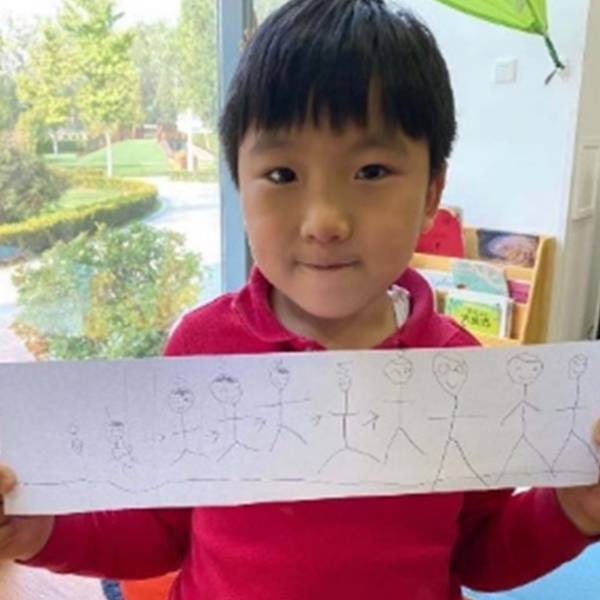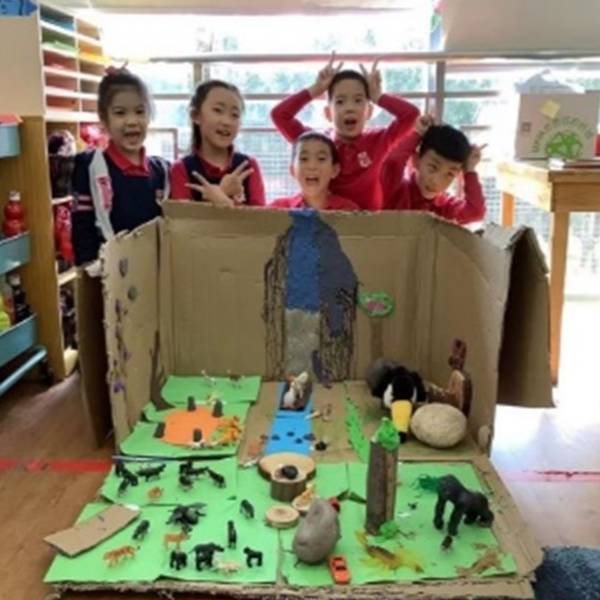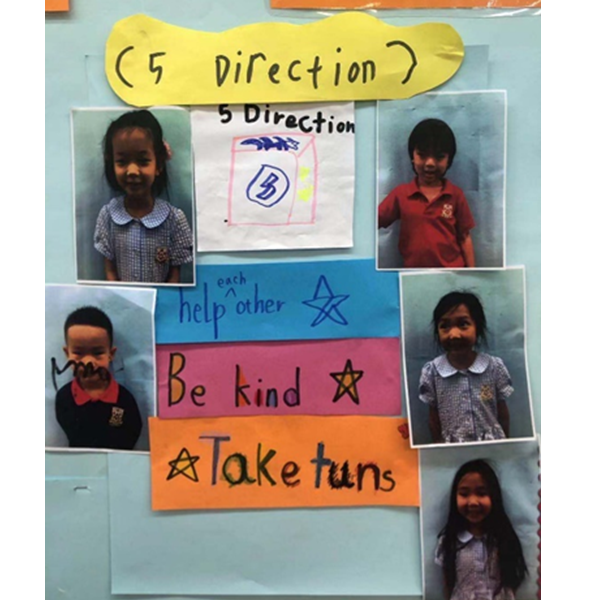Inquiry-based curriculum launched in Early Years!
Author: Becky Bush - Early Years
Remember the “good old days” when teachers had to cover a daily list of objectives, children memorised useful facts and completed worksheets, and parents knew exactly what was going on in the classroom? Well, those days are long gone…
Since Dulwich College Beijing first opened its doors in 2005, play-based, transdisciplinary learning has been an important part of the Early Years programme across all classrooms, both indoors and outdoors, to foster young children’s motivation, independence and responsibility for their own learning.
In keeping with the benefits of a play-based approach and the more recent focus of international education on the notion of a rigorous educational programme for young children, the Early Years has moved towards a more concept-based, inquiry-driven learning model.
Why? Here are just some of the many reasons!
- Inquiry increases rigor and cognitive load
- It fosters student interest and engagement
- It creates lifelong learners able to demonstrate increased intellectual risk-taking
- It supports differentiated learning
- It encourages metacognition
“We learn more by looking for the answer to a question and not finding it, than we do from learning the answer itself.” --- Lloyd Alexander
Introducing the Early Years Programme of Investigation…

The Early Years Programme of Investigation was launched in August 2020, with each year group from Toddler to Year 2 engaging in a Unit of Investigation related to the learning thread of Identity. Throughout the year, our Toddler, Nursery and Reception students will participate in three more units, while Years 1 and 2 engage in a further four units from the following learning threads: Expression, Organisation, Exploration and Sustainability.
Each unit includes specific concepts, knowledge, skills and core values that are taught across various subject areas mapped across the Early Years to provide a rigorous learning programme. We believe that such an approach allows children to make connections to their learning in a variety of situations, leading to generalisation of understandings, and to attain a broad range of skills that will serve them for the rest of their lives.
Each unit starts with an exciting learning experience that invites children to formulate questions about what they’d like to learn which, along with guiding questions from the teacher, form the foundation of their inquiry. Although teachers know clearly which knowledge, concepts, skills and values they will be working on with the students, they won’t know exactly how the learning will take place and it will look different in every class!
Let’s take a glimpse at what the children have been learning so far this year!

Toddler - During their unit of Investigation on Identity, Toddler explored the guiding question “How have I changed?” They chose items from the Mystery Box which they identified as being for babies, not for “big children” like them!

Nursery - Our Nursery children investigated their Identity through looking at families and noticing similarities and differences between families.

Reception - Students created a “recipe for friendship” as part of their Identity unit.

Year 1 - Students worked through a design cycle to solve a problem during their Exploration unit.

Year 1 - Thinking about and recording how they have changed over time on a timeline supported our Year 1 children as they investigated the concept of Identity.

Year 2 - Students enjoyed creating models of where their class animal came from, as they made connections between previous and new learning during their Identity unit.

Year 2 - As part of their Organisation unit, Year 2 created their own Christmas Fair businesses, collaboratively deciding on their company name and logo, and thinking about rules for their company.








